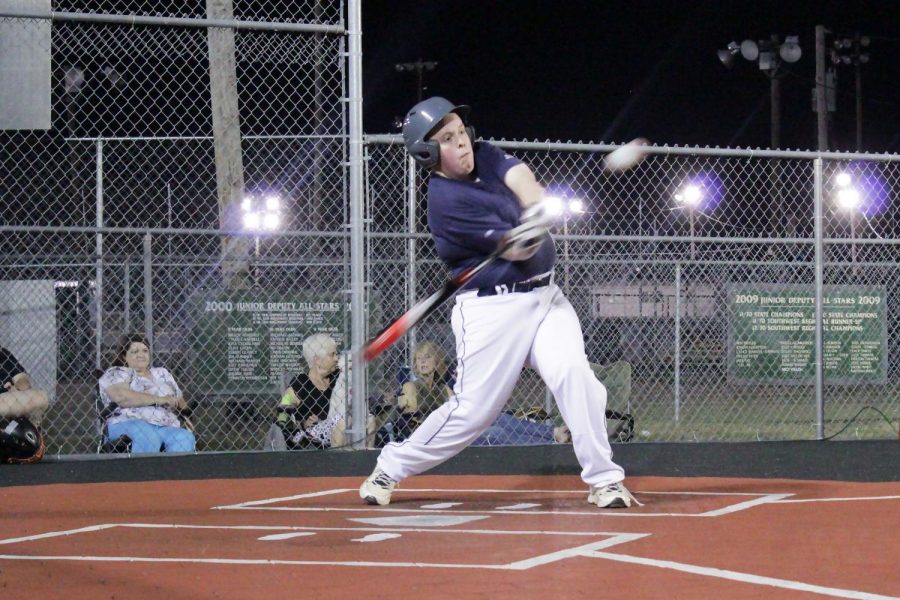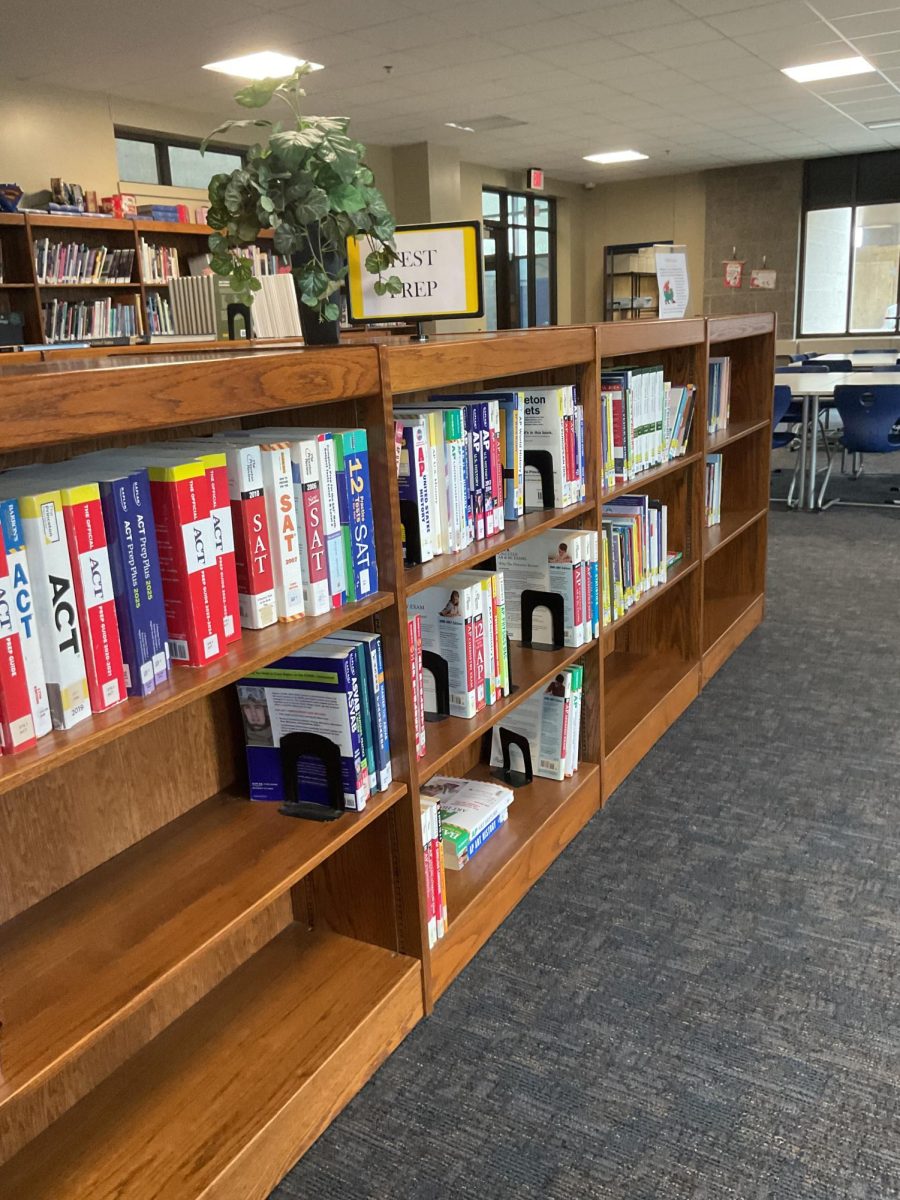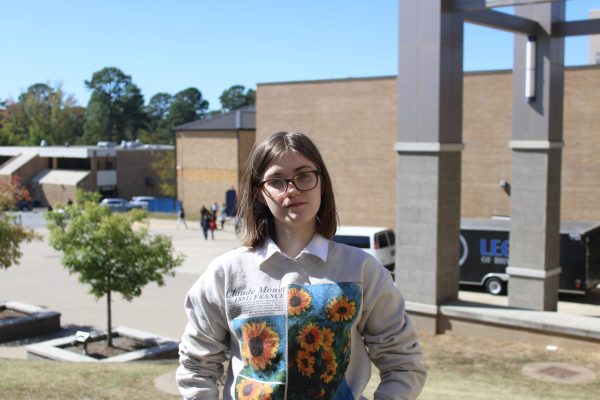Miracle League Baseball
October 20, 2017
One team. One family. One dream. Peggy McCall turned a simple thought into a reality that would go on to bring disabled children from all over Arkansas together to play baseball.
What started off as bonding over memories with a fellow baseball mother soon grew to a passion that McCall would use to create the first Miracle League in Arkansas in 2006, just six years after the first Miracle League was created in Georgia. Now, there are about 275 Miracle League programs nationwide.
“We started reminiscing over our kids playing ball together,” McCall said. “Whenever I left there, I thought that parents who have kids with disabilities should [be able to] have the same memories.”
Miracle League was one of the first outside-of-school activities offered for disabled kids in Arkansas, but Miracle League became so much more. It became an inspiration to parents and kids. Now, Miracle League of Little Rock has grown to about 500 players a season.
“We paved the way for people to understand that [disabled kids] can play and do things, which is real cool,” McCall said. “Not everyone loves baseball, they might want to do other things, [so] they followed our lead to help them create their own thing.”
Three years ago, Miracle League overcame adversity when they were robbed of all of their baseball gloves. Prior to the robbery, Miracle League had 40 gloves, but after raising money from a glove drive over Labor Day weekend, sponsored by Starbucks, the program received over 150 gloves from various donors.
“I think that a lot of people felt like they could help right then for that moment and do something,” McCall said. “I think that everybody has always had a pretty good attitude about us.”
For McCall, assessing her individual players’ needs is one of her most important tasks, because the goal of Miracle League is to make sure that the parents and the baseball players are happy and having a good time.
“When they start the first season and they see everyone for the first time, they get excited,” McCall said. “[Playing Miracle League] is all about if the parent finds us and they’re ready to allow [their child] to be a part of [our program].”
Anthony, a child who uses a wheelchair and was never expected to walk without toe release surgery, slid into home plate, holding onto his coach’s arm and McCall’s shirt. Last season, Anthony couldn’t get out of his wheelchair without aid, but this season, he has been able to walk around on his own, even engaging with volunteers at the announcing table.
“His face [was filled with] so much pride and so much joy,” McCall said. “I know that all of our kids have a diagnosis, but I don’t go and study that, because they’re just kids out here. We don’t worry about the diagnosis. Everyone just needs to have fun and not get hurt.”
Running Miracle League requires 500 volunteer hours a week, so it requires help from several volunteers and coaches to keep the program running. Junior Ashley Johnson has been volunteering with Miracle League for five years. She is an announcer and scoreboard keeper on Fridays and a coach on Saturdays. Johnson plans to continue volunteering throughout high school and college.
“I feel inspired by [the baseball players], because even with their disadvantages, it’s so important to them to play the game, and I feel like everyone is so supportive of them, which makes them feel so much excitement,” Johnson said. “If they can play baseball even with their disabilities, then I should contribute to what is important to them.”
She works alongside her 21-year-old brother, Keith Johnson, who has played baseball for 11 years and plays for the Rangers at Miracle League. According to Ashley and Keith Johnson’s mother, Dawn Johnson, baseball was the first sport that made sense to Keith, and he enjoyed it so much because it was a one-on-one activity where points could only be awarded instead of taken away.
“My favorite part about [playing baseball] is getting people out and hitting home-runs,” Keith Johnson said.
At times, the Johnsons bicker and fight, but when it comes down to it, Ashley Johnson will always look after Keith.
“[Helping with baseball] has brought me and my brother so much closer together,” Ashley Johnson said. “[Volunteering] has shown me how big of a heart Miss Peggy [McCall] really has if she can go out and play Friday and Saturday [baseball] teams all day. It takes a special kind of person [to contribute so much of their time].”




